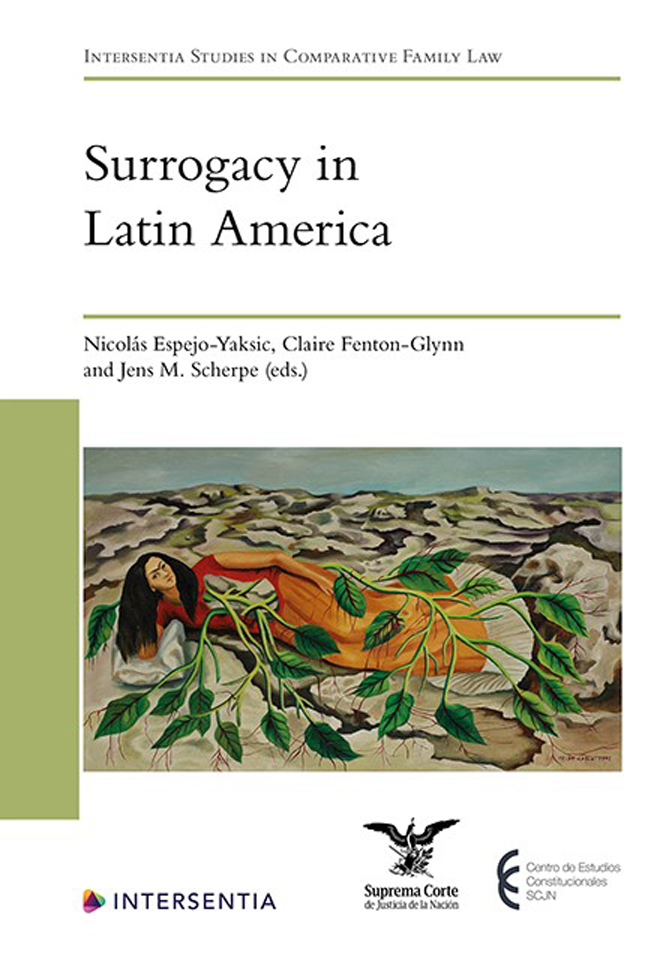Guatemala
Published online by Cambridge University Press: 09 January 2024
Summary
1. ABSENCE OF A GENERAL LEGAL FRAMEWORK AND NO CONSENSUS
Surrogacy, and particularly gestational surrogacy, evokes ethical, social and legal controversy. The scientific, medical and legal communities in Guatemala have not yet defined clear positions in favour of or against gestational surrogacy. Some doctors that practise it in Guatemala, when interviewed, stated they were in favour, arguing that it makes paternity and maternity possible for couples that would not otherwise be able to achieve them, due to fertility problems or injuries to the uterus. They also considered that infertility causes distress for those who suffer from it, but also social stigma, and that it often leads to divorce or separation, and therefore the technique is a positive contribution to family stability. They agreed, nevertheless, that it should be regulated, in order to prevent abuses or its trivialisation.
Among the arguments against surrogacy, many of which are related to the rights and dignity of children, is one made by some feminist scholars, who consider that the practice has a discriminatory bias, particularly when the surrogacy is assumed by women in precarious situations in developing countries. This is of particular importance, and should be considered by states with emerging economies, like Guatemala, when legislating surrogacy, because of the special vulnerability of some women and, consequently, the children carried by them, due to the economic, social and cultural reality of those countries.
In Guatemala, surrogacy has not been subject to a formal medical, ethical and/or legal discussion with a view to its legal regulation or prohibition, probably because not enough legal conflicts have yet arisen that would require this. However, surrogacies of both types (traditional and gestational) are carried out in the country, according to information provided by the doctors interviewed in the preliminary and informal research conducted for this chapter. These doctors also confirmed, as evidenced by the case that will be analysed below, that there are sperm, egg and embryo banks in the country.
The website of the Red Latinoamericana de Reproducción Asistida (REDLARA) registers just one Guatemalan centre associated with surrogacy; however, it is not the only place in the country carrying out assisted reproduction techniques (ART), since there are at least five assisted human reproduction clinics that do so, but have not been accredited by the network.
- Type
- Chapter
- Information
- Surrogacy in Latin America , pp. 159 - 170Publisher: IntersentiaPrint publication year: 2023



